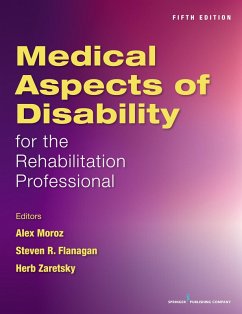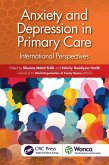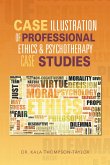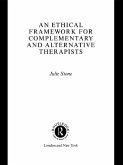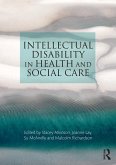The fifth edition of this landmark volume has been substantially updated and expanded to encompass an abundance of innovative rehabilitation research supported by changing technology and new research methodologies. Written for rehabilitation practitioners, researchers, and students, it distills crucial new information regarding aspects of disability pertaining to medical conditions commonly encountered in rehabilitation settings. The fifth edition addresses new topics at the forefront of medical rehabilitation and disability from clinical, functional, and psychological perspectives, including traumatic brain injury, stroke and spinal cord injury, limb deficiency, organ transplantation, geriatric rehabilitation, and new and technology-based rehabilitation research.
The book delivers new findings about social work in physical medicine, complementary and alternative treatments, trends in treatment delivery and payment systems, relevant legislation, and telerehabilitation. New chapter authors-noted authorities in their fields-address rheumatic diseases, stroke, rehabilitation nursing, research directions, and integrative medicine, among other topics. The text continues to be the only guide to medical aspects of disability for nonphysician rehabilitation professionals and other health care providers outside of rehabilitation medicine. It serves as a comprehensive guide on what to expect and how to manage each medical issue, causative agents, classification, pain management, psychological factors, and more.
New to the Fifth Edition:
Key Features:
The book delivers new findings about social work in physical medicine, complementary and alternative treatments, trends in treatment delivery and payment systems, relevant legislation, and telerehabilitation. New chapter authors-noted authorities in their fields-address rheumatic diseases, stroke, rehabilitation nursing, research directions, and integrative medicine, among other topics. The text continues to be the only guide to medical aspects of disability for nonphysician rehabilitation professionals and other health care providers outside of rehabilitation medicine. It serves as a comprehensive guide on what to expect and how to manage each medical issue, causative agents, classification, pain management, psychological factors, and more.
New to the Fifth Edition:
- Updated coverage of rheumatic diseases, stroke, rehabilitation nursing, research directions, and integrative medicine
- New information about traumatic brain injury, limb deficiency, organ transplantation, geriatric rehabilitation, and Technology-based research
- Innovations in delivery and payment systems, accreditation, opportunities and challenges for quality, and outcome assessments
- New findings regarding social work in physical medicine, complementary and alternative medicine, relevant legislation, and telerehabilitation
- Updates on speech, language, hearing, and swallowing disorders New coverage of neuromuscular, musculoskeletal, and pediatric disorders
Key Features:
- Delivers key information critical to the study of disability including functional status, prognosis, psychology, and vocational issues
- Discusses how changes in health care regulations have impacted rehabilitation medicine delivery Analyzes the convergence of emerging technologies and clinical practice
- Includes the contributions of distinguished practitioners, researchers, and educators
- Provides a robust Instructor's Manual
Dieser Download kann aus rechtlichen Gründen nur mit Rechnungsadresse in A, D ausgeliefert werden.

